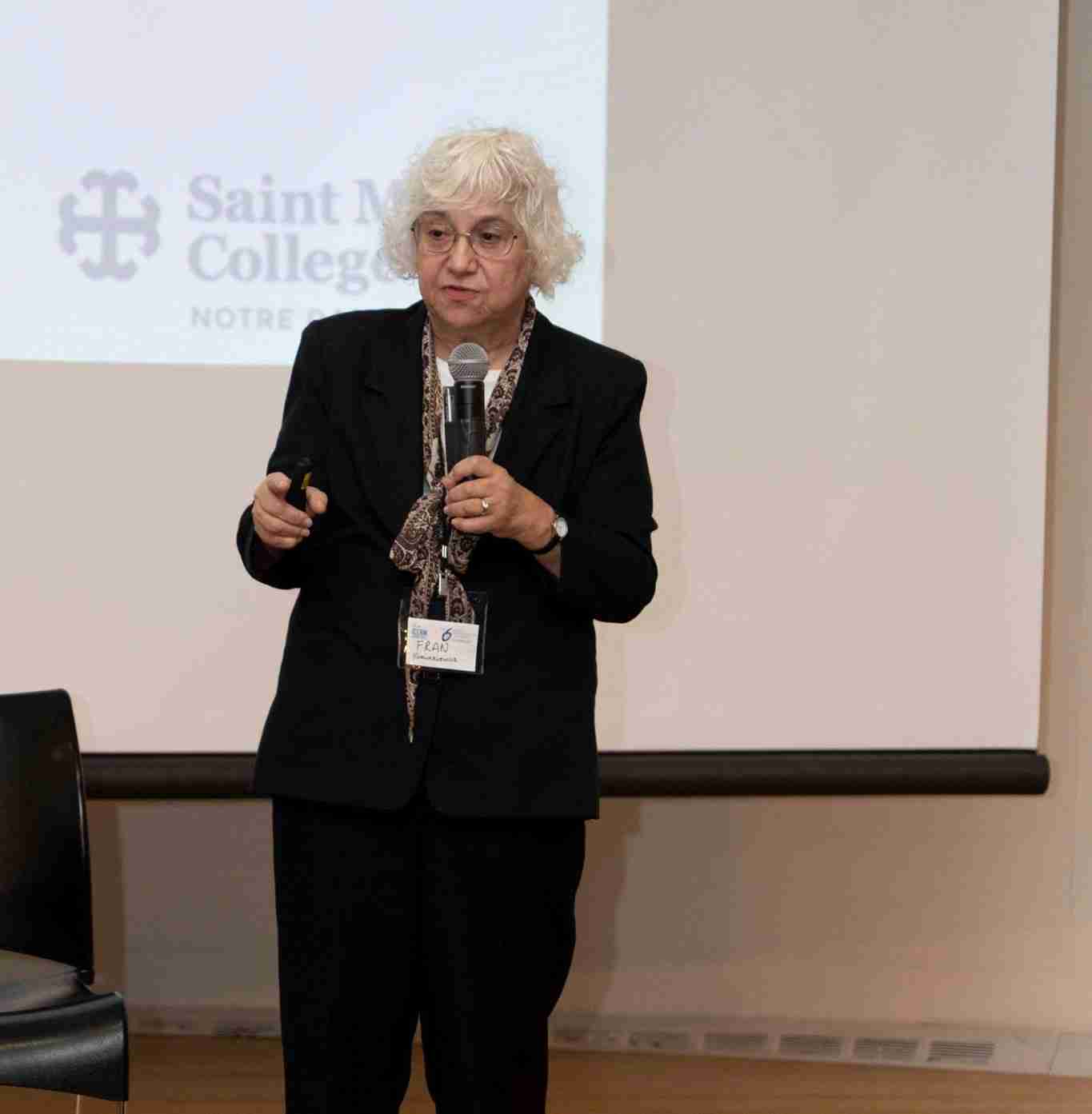The Niger Delta Avengers’ War on Oil Installations in Nigeria

The Niger Delta Avengers’ War on Oil Installations in Nigeria on ICERM Radio aired on Saturday, June 11, 2016 @ 2 PM Eastern Time (New York).

Listen to the ICERM Radio talk show, “Lets Talk About It,” for an enlightening discussion on “The Niger Delta Avengers’ War on Oil Installations in Nigeria,” with Ambassador John Campbell, the Ralph Bunche senior fellow for Africa policy studies at the Council on Foreign Relations (CFR) in New York, and former United States ambassador to Nigeria from 2004 to 2007.
Ambassador Campbell is the author of Nigeria: Dancing on the Brink, a book published by Rowman & Littlefield. The second edition was published in June 2013.
He is also the author of “Africa in Transition,” a blog that “tracks the most important political, security, and social developments occurring in sub-Saharan Africa.”
He edits the Nigeria Security Tracker, “a project of the Council on Foreign Relations’ Africa program which documents and maps violence in Nigeria that is motivated by political, economic, or social grievances.”
From 1975 to 2007, Ambassador Campbell served as a U.S. Department of State Foreign Service officer. He served twice in Nigeria, as political counselor from 1988 to 1990, and as ambassador from 2004 to 2007.
Ambassador Campbell shares his views on the security, political and economic challenges caused by the Niger Delta Avengers’ War on Oil Installations in Nigeria, the Nigeria’s newest militant group from the Niger Delta. The Niger Delta Avengers (NDA) claims their “struggle is focused on the liberation of the People of Niger Delta from decades of divisive rule and exclusion.” According to the group, the war is on oil installations: “Operation on Flow of Oil.”
In this episode, the Niger Delta Avengers’ (NDA) case is approached from a historical perspective going back to the activism of Ken Saro-Wiwa, an environmental activist, who was condemned to death by hanging in 1995 by the military regime of Sani Abacha.
A comparative analysis is made between the Niger Delta Avengers’ War on Oil Installations in Nigeria, and the agitation for independence by the Indigenous People of Biafra, as well as the current terrorist activities of Boko Haram in Nigeria and within the neighboring countries.
The goal is to highlight how these challenges have posed serious threats to the Nigerian security and contributed in crippling the Nigerian economy.
In the end, possible resolution strategies are proposed to inspire the Nigerian government to action.


